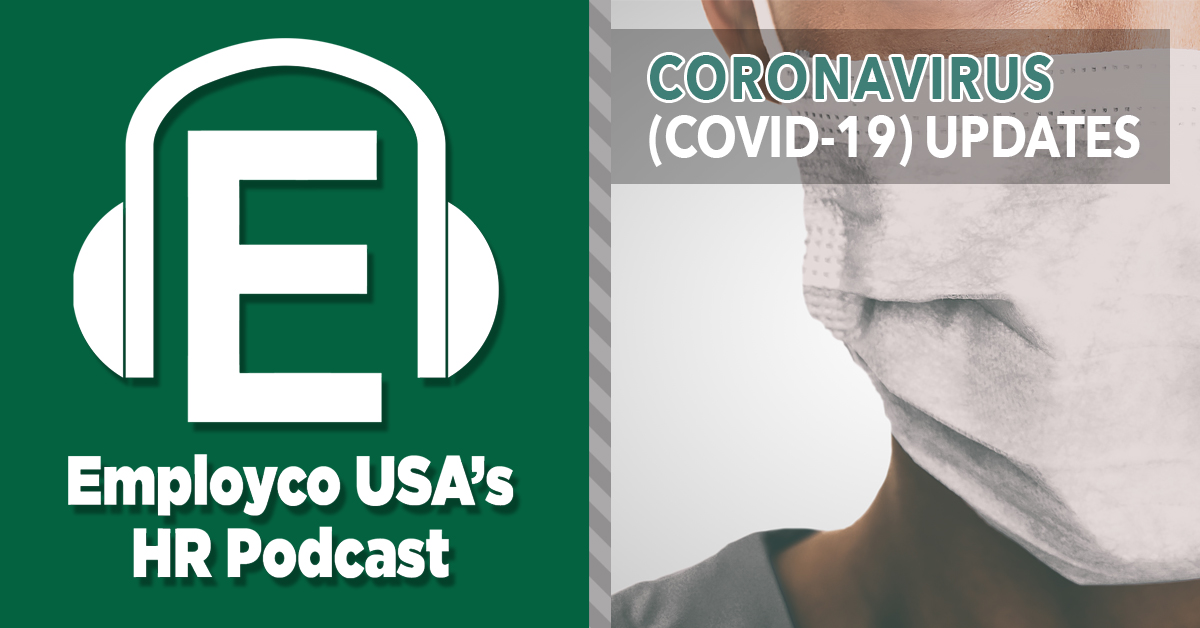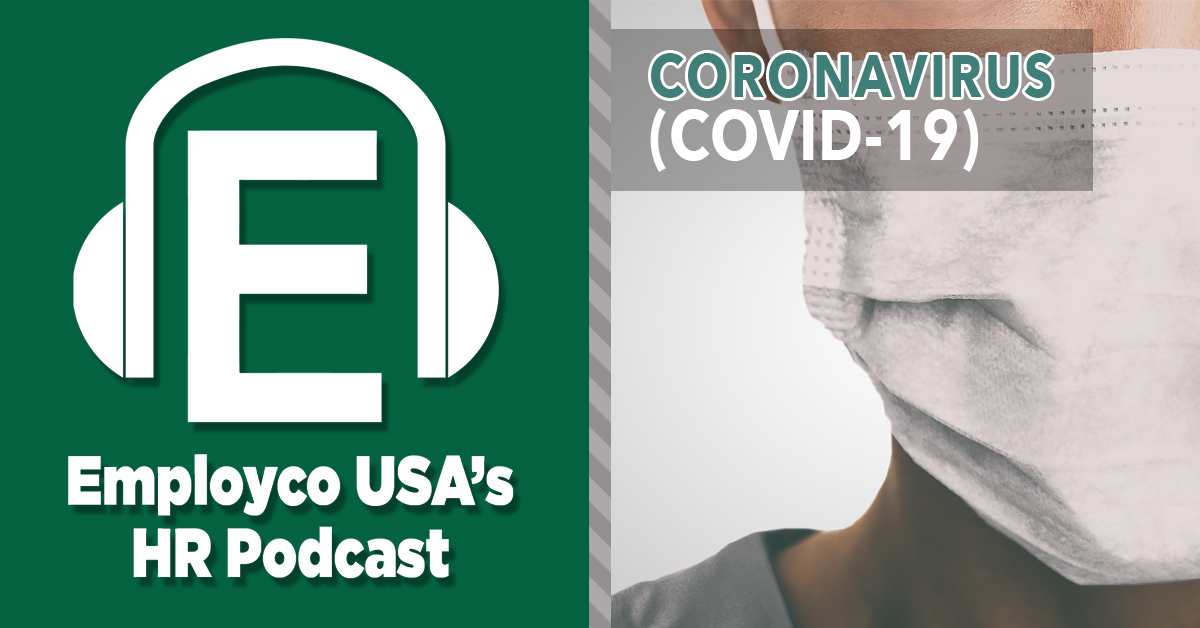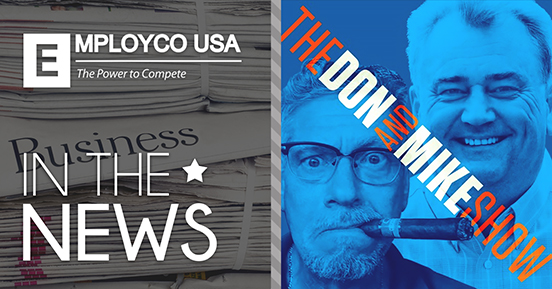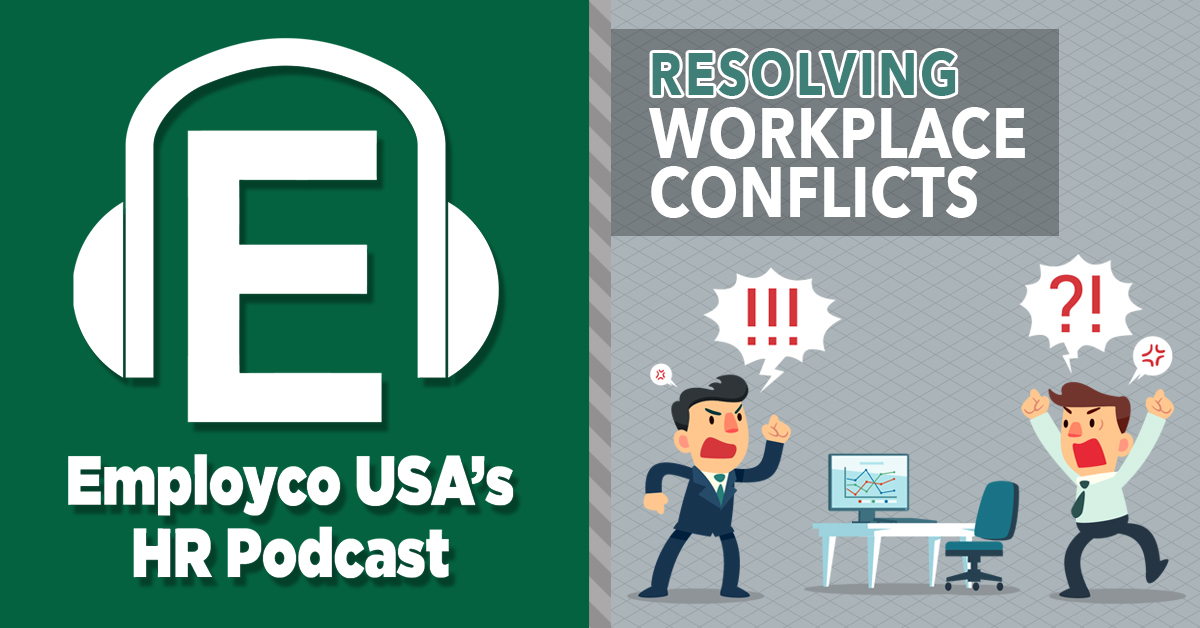Human resources expert offers advice on dealing with workplace conflict in today’s political climate
 Research shows that 85 percent of employees say that they experience workplace conflict, with over 2 hours a week being spent on navigating workplace drama. Workplace conflict is not just stressful and unpleasant, it can have a major impact on employee productivity. Indeed, conflicts in the workplace cost companies about $359 billion dollars in paid hours.
Research shows that 85 percent of employees say that they experience workplace conflict, with over 2 hours a week being spent on navigating workplace drama. Workplace conflict is not just stressful and unpleasant, it can have a major impact on employee productivity. Indeed, conflicts in the workplace cost companies about $359 billion dollars in paid hours.
Rob Wilson, human resources expert and President of Employco USA, an employment solutions firm with locations across the country, says:
“In today’s culture, employees aren’t just together when they’re literally on the job: they’re together all the time thanks to technology like Skype, WhatsApp, Slack and other coworker communication apps. Not to mention, our current political climate is so divisive right now, and social media only further encourages arguments and discord among your staff.”
Wilson, who has worked directly with many clients who have required assistance managing conflict within their workplaces, says that research shows that workplace conflict is on the rise. “From personality clashes to overwork to poor management, workplace conflict is inevitable and it’s actually getting worse,” he says.
So how can employers be proactive about workplace conflict?
Continue reading →



 With work stoppages and shelter-in-place ordinances being instituted across the country, employers have several pressing human resources issues to consider. Rob Wilson, employment expert and President of Employco USA, comments on HR concerns that have arisen as a result of the unprecedented coronavirus pandemic.
With work stoppages and shelter-in-place ordinances being instituted across the country, employers have several pressing human resources issues to consider. Rob Wilson, employment expert and President of Employco USA, comments on HR concerns that have arisen as a result of the unprecedented coronavirus pandemic.
 Recent statistics reveal that March Madness has become more popular than ever before, thanks in large part to the worldwide betting that takes place. Over 60 million people are expected to fill out brackets this year, with an estimated $10 million being put on the table. However, there is another cost which people may not expect: a downturn in employee productivity.
Recent statistics reveal that March Madness has become more popular than ever before, thanks in large part to the worldwide betting that takes place. Over 60 million people are expected to fill out brackets this year, with an estimated $10 million being put on the table. However, there is another cost which people may not expect: a downturn in employee productivity. Research shows that 85 percent of employees say that they experience workplace conflict, with
Research shows that 85 percent of employees say that they experience workplace conflict, with 
 Research shows that violence at
Research shows that violence at 
 With Valentine’s Day approaching, love is in the air, even in the workplace…especially for those in the HR industry. The new “
With Valentine’s Day approaching, love is in the air, even in the workplace…especially for those in the HR industry. The new “